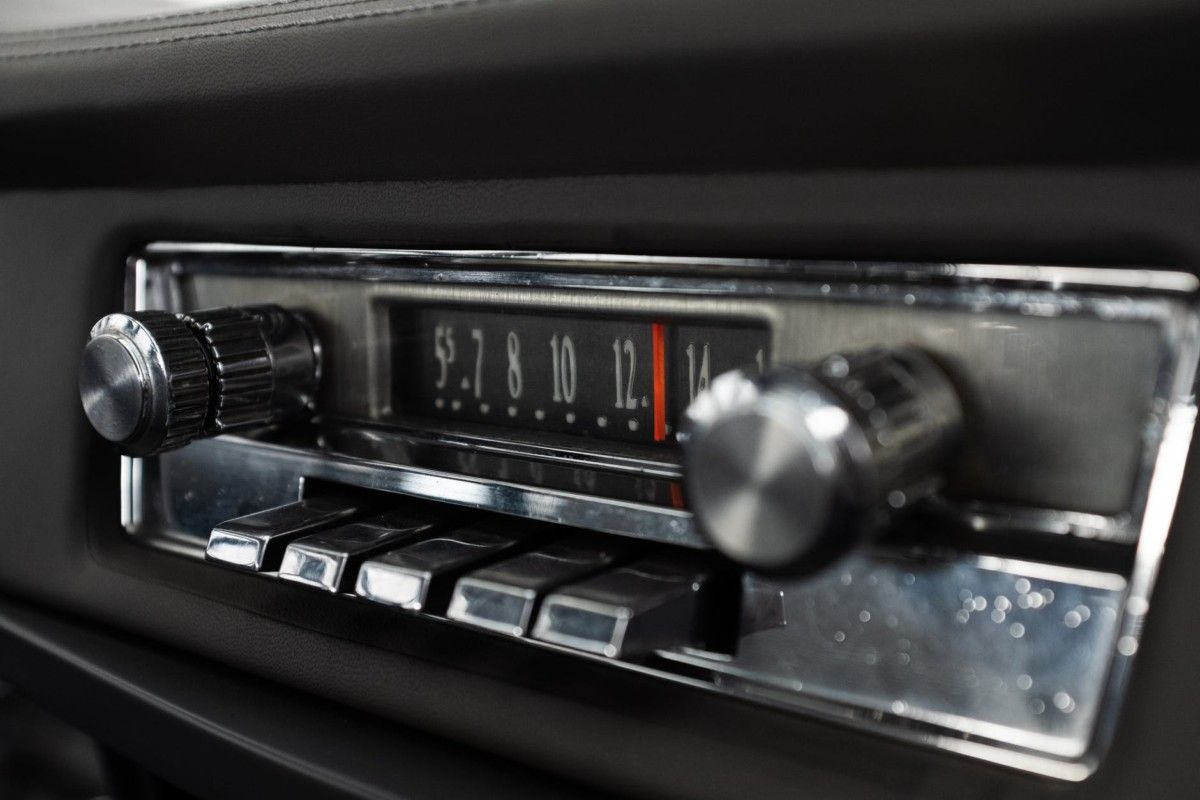Howard Stern Has Left the Building

Howard Stern was never just another entertainer. For millions of (mostly male) fans—first in New York, and later, thanks to syndication, in markets around North America—he was the guy who helped get them through the day and rise above their mundane frustrations, with his irreverent humor about politics and pop culture and hilarious rants about his own life, which, in the 1980s and 1990s, was unspectacular enough that an ordinary working stiff could easily identify with him. Like many of his listeners, Stern was a husband, father, and put-upon employee, who began and ended every weekday with a punishing commute (in his case, between Nassau County, Long Island, and midtown Manhattan). Unlike many others in showbiz, whose self-important parroting of left-wing boilerplate he skewered mercilessly, Stern was on the side of the cops and military and law-abiding, nose-to-the-grindstone taxpayers. His fans knew that he understood them. He was one of them—their buddy, their voice, even their hero. On occasion, callers to his show would address him, only half-facetiously, as “my king” or “my god.”
But then things started to change. Not long after the release of his 1997 movie, Private Parts, which chronicled Stern’s show-business climb and celebrated his then-wife’s quiet devotion to him and to their three daughters, that wife, Alison, left him. (They divorced in 2001.)
Photo by cottonbro on Pexels.com



